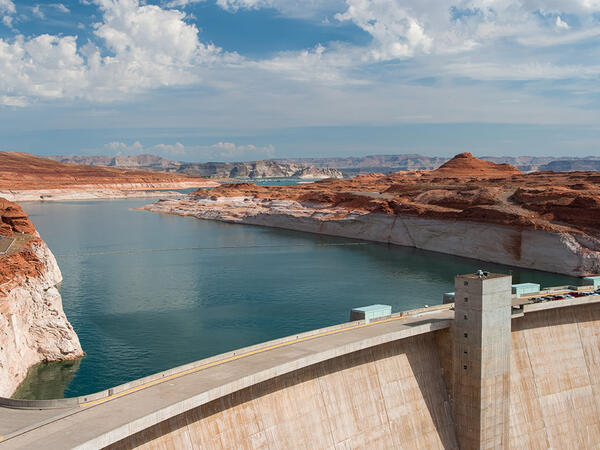
Tribes are hopeful Trump’s staffing, spending cuts won’t slow progress on securing water rights
“These settlements will continue to go through, but I don’t think the motivation for conservation will be as significant as previous administrations,” stated ASU's Cora Tso, suggesting there’s “more of an emphasis” on the Navajo-Hopi-San Juan Southern Paiute deal as opposed to the Yavapai-Apache Nation’s $1 billion bill involving the Verde River.
“This idea of water investments looks different from administration to administration, but it’s just what industries,” she explained. “The Trump administration is prioritizing oil and gas and nuclear energy in the West, so it doesn’t seem like those water concerns are an issue for them.”
Environmentalists say they’re cautious to adopt AI into their work
“I think that it is not necessarily as clear to everyday Americans, about the connection between the development of AI and the physical infrastructure behind the technology and the subsequent energy, water and land use,” said Dave White, the director of the Global Institute of Sustainability and Innovation at ASU.
Tech innovation over the last decade has expanded the ways environmentalists can explore sustainability and conservation strategies, White said. But the decision to use newer tech tools, like AI models, which require physical infrastructure and large amounts of energy, water and other resources, isn’t a straightforward one for those interested in conservation.
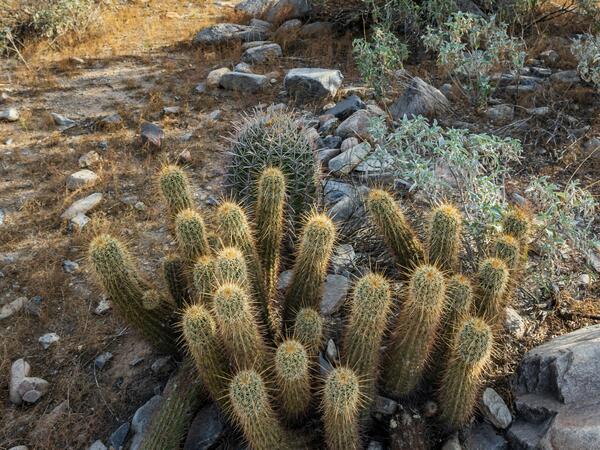
Study: Arizona losing 2.4 times more groundwater than surface water
The ASU-led research team used the GRACE measurements to calculate the loss of groundwater in the Colorado River Basin.
Turns out, Arizona is sitting at the epicenter of groundwater depletion. Roughly 80% of our water use goes to agriculture – with almost 60% of that used for thirsty crops like corn and alfalfa destined for cattle feed. And a lot of that goes overseas.
Rim Country is one of the few areas in the state with relatively stable groundwater levels – thanks mostly to Payson's expensive, but visionary decision to invest $50 million in a pipeline to deliver water from the C.C. Cragin Reservoir.
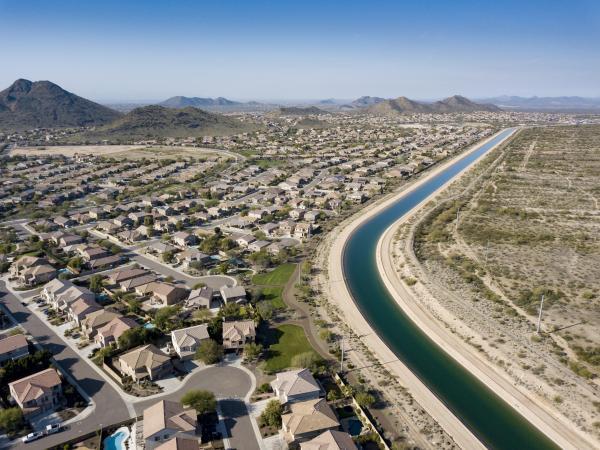
What could hold Phoenix back: Power, water, heat and perceptions
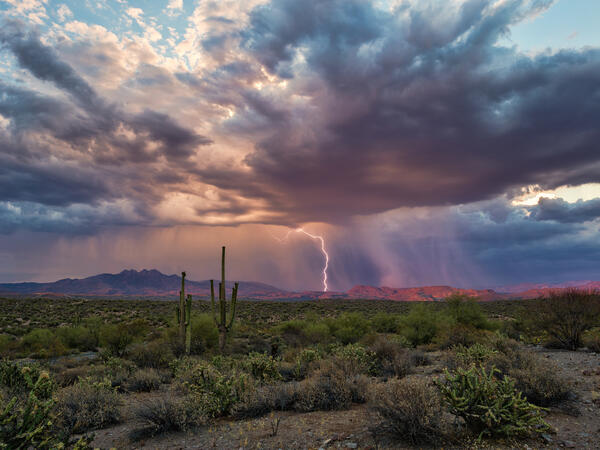
A Lake Mead’s worth of water has vanished from the ground. Could Las Vegas suffer?
For Jay Famiglietti, a study co-author who pioneered the practice of using satellites to study groundwater at ASU, the loss of 27.8 million acre-feet of groundwater should be a wake-up call for everyone from decision-makers to regular citizens who call the West home.
“Groundwater is a trans-generational resource,” Famiglietti said. “If we want our great-great-great-grandchildren to eat, then it’s time to think more holistically about the water that we use and what kind of protection it needs.”
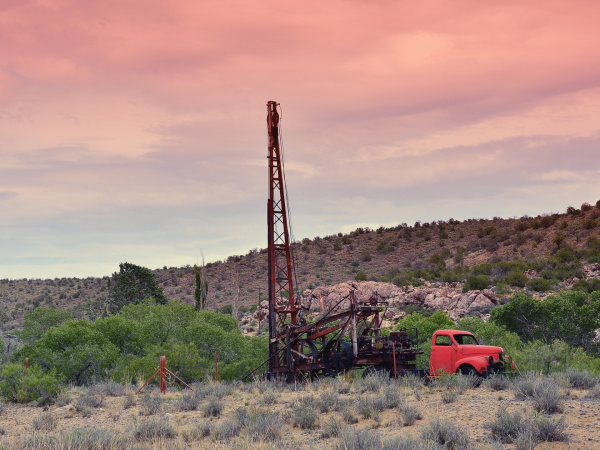
Pumping the Earth Dry
A recent study finds the Colorado River Basin has lost a tremendous amount of water in the last two decades, in part from thirsty farms pumping water from deep aquifers much faster than it can be replenished. Lead author Jay Famiglietti, a Global Futures Professor at Arizona State University, spoke with Living on Earth’s Paloma Beltran about the “Wild West” of unregulated groundwater, potential solutions and why the rapid depletion of ancient groundwater threatens the water supply for future generations.
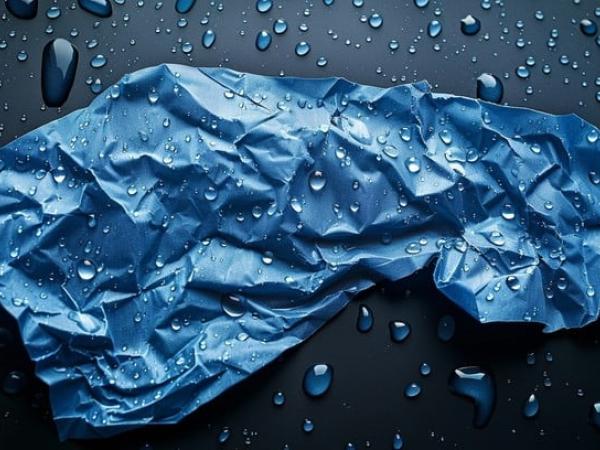
Paper water
Recharging is more or less what it sounds like: “Reclaimed water soaks into the aquifer, it mills around down there, and you get a credit,” Kathryn Sorensen, director of research for the Kyl Center for Water Policy and former director of Phoenix Water Services, explained. “That credit becomes a right to pump a well.”
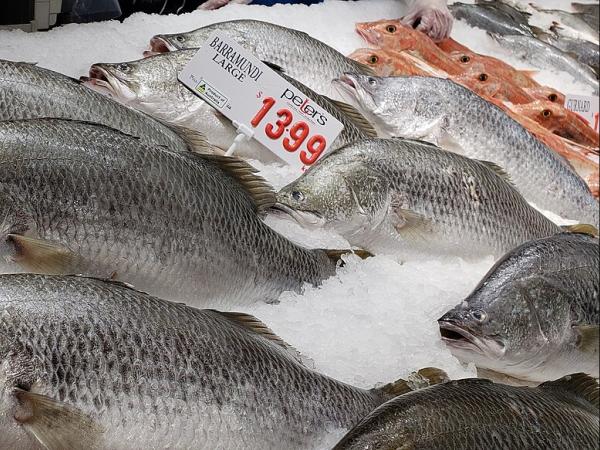
In the Arizona desert, a farm raising fish raises questions about water use
“As long as groundwater is treated as an open resource in these rural parts of Arizona, they’re susceptible to new industries coming in and using the groundwater for that industry,” said Sarah Porter, director of the Kyl Center for Water Policy at Arizona State University’s Morrison Institute.
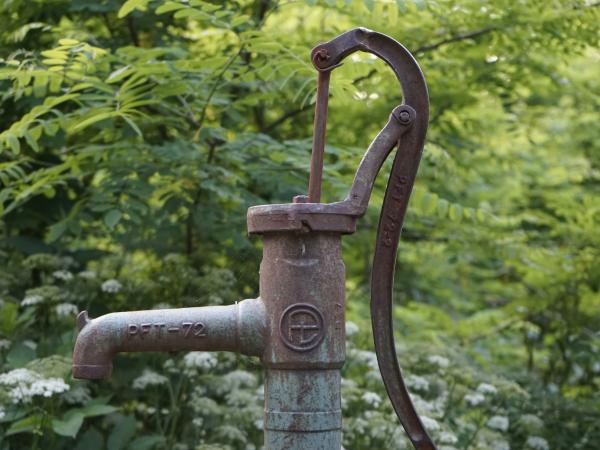
Groundwater in the Colorado River basin won't run out — but eventually we won’t be able to get at it, scientists warn
To get a better idea of how much groundwater is being extracted, Jay Famiglietti, director of science for the Arizona Water Innovation Initiative at Arizona State University, and his colleagues turned to data from NASA's Gravity Recovery and Climate Experiment (GRACE) and GRACE Follow-On satellite missions.
The researchers estimate that since 2003, pumping from wells has drained about 28 million acre feet (34 cubic kilometers) of groundwater from the Colorado River Basin. This is akin to the capacity of Lake Mead, the largest U.S. reservoir, which sits behind the Hoover Dam on the Colorado River. The study was published May 27 in the journal Geophysical Research Letters.
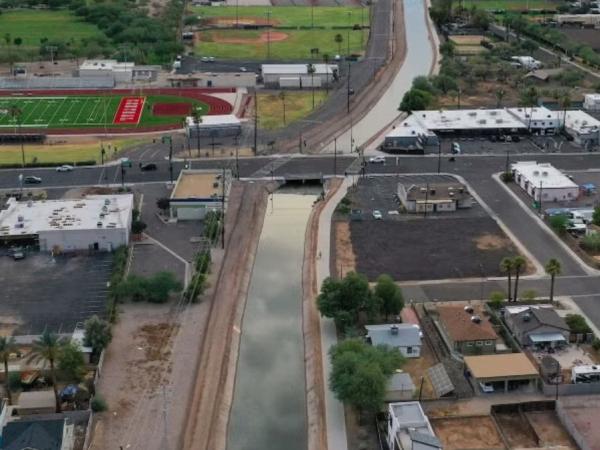
ASU program is taking water education to the streets
Community-based action can often lead to big impacts. This is especially applicable in addressing the state’s water issues, which is why Arizona State University is rolling out four new community-driven projects to advance water resilience in unique and meaningful ways.
“We’re excited to support these new projects through Impact Water – Arizona. This was a competitive application cycle, and we ultimately selected four strong proposals that align closely with the program’s goals — to support actionable, collaborative work that addresses statewide water priorities and delivers real, on-the-ground impact,” said Susan Craig, director of Impact Water – Arizona.